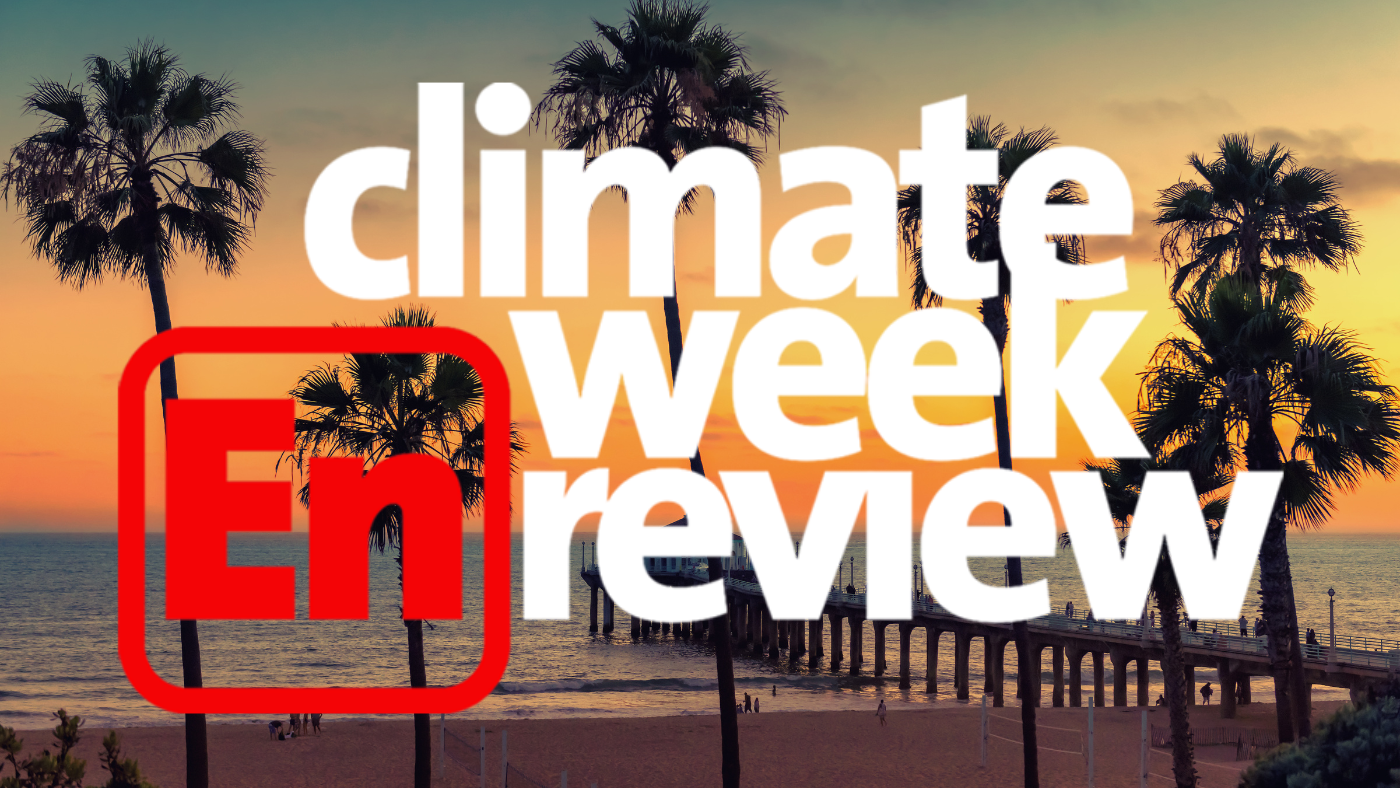
Yesterday was May the Fourth (be with you). Today is Cinco de Mayo. Saturday is the Kentucky Derby. I *thought* Mothers Day was Sunday but luckily it’s the following weekend so I still have time to get my mom a card in the mail.
This week’s must read: Carbon tax medicine is a better Rx than green subsidy sugar (Star Tribune)
“Say that you view reducing carbon emissions by a specific amount as a policy goal of central importance. The social costs of achieving that goal are much lower with a carbon tax rather than with a grab-bag of subsidies in the style of the Inflation Reduction Act,” writes Timothy Taylor, managing editor of the Journal of Economic Perspectives. “Both carbon taxes and green energy subsidies provide an incentive for a shift from carbon-heavy to lower-carbon or non-carbon sources. However, carbon taxes also encourage conservation of fossil fuels by raising their price. Subsidies for green energy will not have this added conservation effect.”

EcoRight Speaks, Season Six, Episode 12: Emily O’Keefe, College of William and Mary student and carbon dividend movement leader
We are cruising through season six and I’m so glad we were able to get in a conversation with Emily O’Keefe before the junior conservation major at the College of William and Mary headed into final exams.
After an existential crisis she had hiking the Appalachian Trail led Emily to question what she could do to combat the climate crisis, she returned to school and started a movement to organize her peers in support of the carbon dividend plan. Tune in to hear how her efforts are going and how they can be replicated on other campuses.
Coming up next week, our friend, Dr. Ed Maibach, the Director of George Mason University’s Center for Climate Change Communication. We are going to talk about who people most trust as messengers—and how that can help communicate threats of climate change.

Montana super powers, activate:
Another great collab between our Montana friends, Conservatives can help climate, was published in the Billings Gazette.
“Traditionally conservative communities have plenty to be concerned about in terms of climate change. Military bases across the world are vulnerable to extreme weather and flooding. Those in agriculture have noticed historic swings in temperature and precipitation. Even hunters, anglers, and outdoorsmen’s favorite pastimes are threatened by a changing climate,” they write. “However, conservatives have genuine concerns about maintaining a robust, stable economy. We face the increasing problem of living in flood-prone zones and being unable to renew our insurance policies. If we allow unchecked climate change to continue, it will hurt our home values, raise interest rates, and make acquiring loans more difficult.”
Keep ’em coming!

Coffee with Bob!
Pass along to your friends!
Friends in high places:
Washingtonian magazine issued its list of the 500 Most Influential People of 2023 and we were happy to see that Carbon Board Adjustment Mechanism (CBAM) advocate Greg Bertelsen from the Climate Leadership Council made the list for energy and climate movers and shakers.
The list is an annual recognition given to leaders outside of government who made a significant impact on policy development in Washington, D.C. With interest in climate and trade policies at an all-time high on Capitol Hill, Bertelsen’s leadership and expertise have been instrumental in shaping the next phase of the climate conversation.
Congrats to Greg!
Quote of the week:
From Niskanen Center president Ted Gayer’s testimony before the Senate Budget Committee.
Historically, federal energy tax policies have sought to boost domestic energy production, generate tax revenue, and promote environmental quality. These goals are often in conflict, such as when we impose a gas guzzler tax to reduce fuel consumption while we simultaneously subsidize oil production to increase domestic output. Energy policy should instead account for the sizable external cost of energy consumption, such as the costs associated with climate change and particulate pollution, by implementing a carbon tax that encourages consumers and producers to reduce emissions through market incentives.
To watch the full hearing, click here.
Have a great weekend! May the best horse win!
